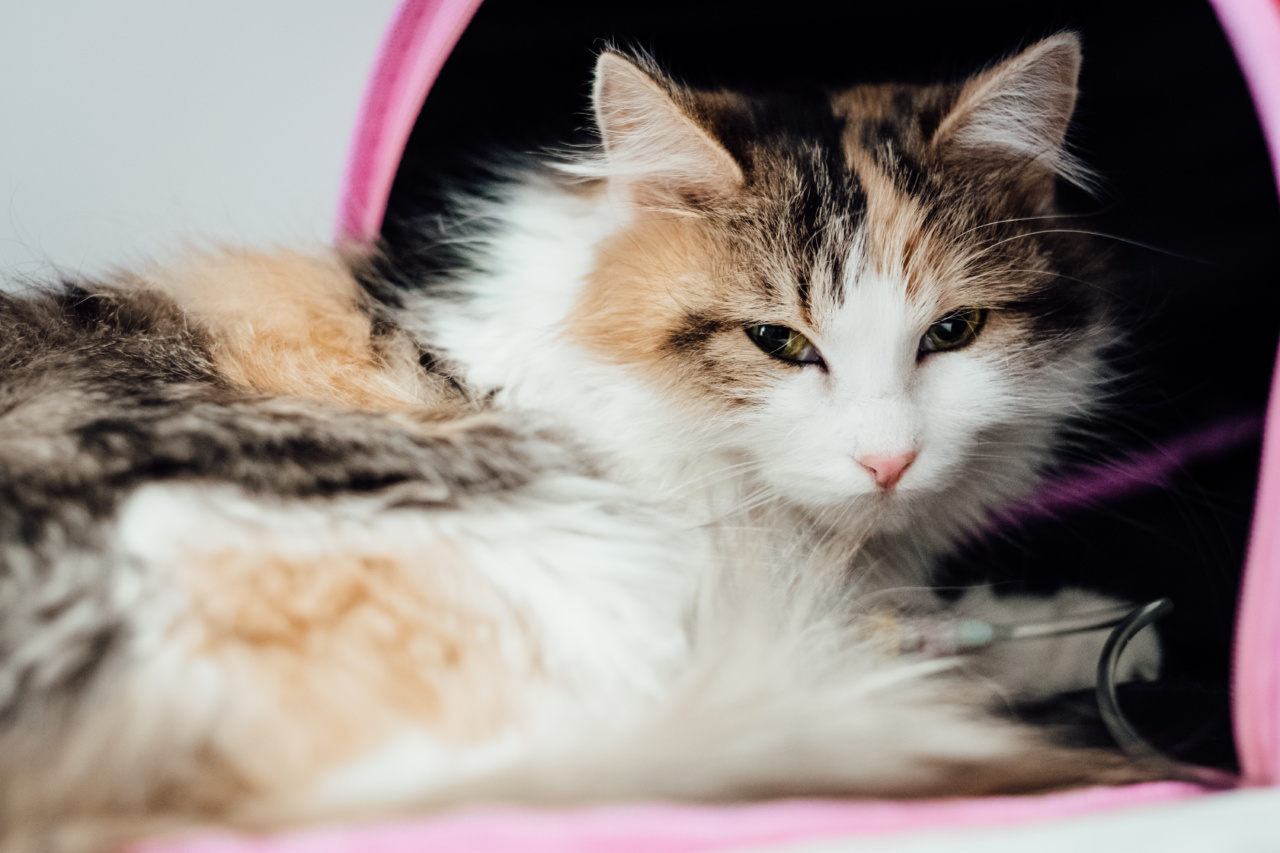Cats are beloved pets in many households. They are playful, curious, and independent animals, which makes them great companions.
As a pet owner, you are responsible for your cat’s health and wellbeing, and it can be challenging to tell when your cat is unwell. However, there are some tell-tale signs to watch out for that indicate your cat is ill. In this article, we will discuss how to tell if your cat is ill and what steps to take in case your cat is sick.
Change in Appetite
If your cat is usually a big eater and suddenly stops eating, it is a sign that something might be wrong. Loss of appetite is one of the most common indicators of illness in cats.
It could be due to various reasons such as an upset stomach, fever, or dental problems. If your cat refuses to eat for more than a day, consult your vet for advice.
Change in Water and Litter Box Use
A cat with a urinary tract infection may experience painful urination, leading to frequent visits to the litter box. If you notice your cat is using the litter box more frequently or avoiding it altogether, seek veterinary care immediately.
Keep an eye on how much water your cat drinks to ensure it is hydrated. A decrease in water consumption is a possible indicator of kidney disease or dehydration.
Changes in Coat
A cat’s appearance can reveal a lot about its health. Dull, unkempt hair with bald patches is a sign of malnutrition, while a full, healthy coat indicates your cat is getting proper nutrition.
If you notice any redness, flakiness, or excessive itching, it could be due to fleas, ticks, or skin allergies. It is best to consult your vet for advice.
Behavioral Changes
If your cat is usually affectionate and playful but suddenly becomes withdrawn and lethargic, it could be due to illness.
Similarly, if your cat usually sleeps mostly during the day but becomes active during the night, it could be a sign of an underlying health issue. Watch out for other changes such as aggression, over grooming, and hiding, as these can also be indicators of illness.
Vomiting and Diarrhea
Occasional vomiting is not a significant issue for most cats. However, if your cat vomits several times a day and appears lethargic, it could be a sign of illness.
Diarrhea is also a common symptom of various illnesses such as parasites, infections, and inflammatory bowel disease. Watch out for blood in vomit or diarrhea, as that could be an indication of a severe condition.
Breathing Difficulties
If your cat is breathing rapidly, coughing or wheezing, it may indicate respiratory problems that require immediate attention. Some common respiratory illnesses in cats are asthma and pneumonia.
Difficulty in breathing can also mean that there is something obstructing your cat’s airways. Consult your vet if you notice any breathing difficulties in your cat.
Weight Loss
If your cat is losing weight rapidly despite eating well, it is an alarming sign. Weight loss can be a symptom of various illnesses such as diabetes, hyperthyroidism, or cancer. Sudden weight gain can also be a sign of underlying health issues.
Therefore, it is best to consult your vet for advice.
Coordinating Symptoms
Keep an eye out for symptoms that occur together. Symptoms that occur together might indicate an underlying health issue. Symptoms occurring together may include vomiting and diarrhea, lack of appetite and lethargy, or fever and loss of appetite.
These symptoms might actually indicate a more significant ailment.
Conclusion
As a pet owner, it’s essential to keep a closer watch on your cat to detect signs of illness early. If you notice any of the above symptoms in your cat, consult your vet for advice immediately.
Early detection and intervention may help prevent the illness from getting more severe.



























